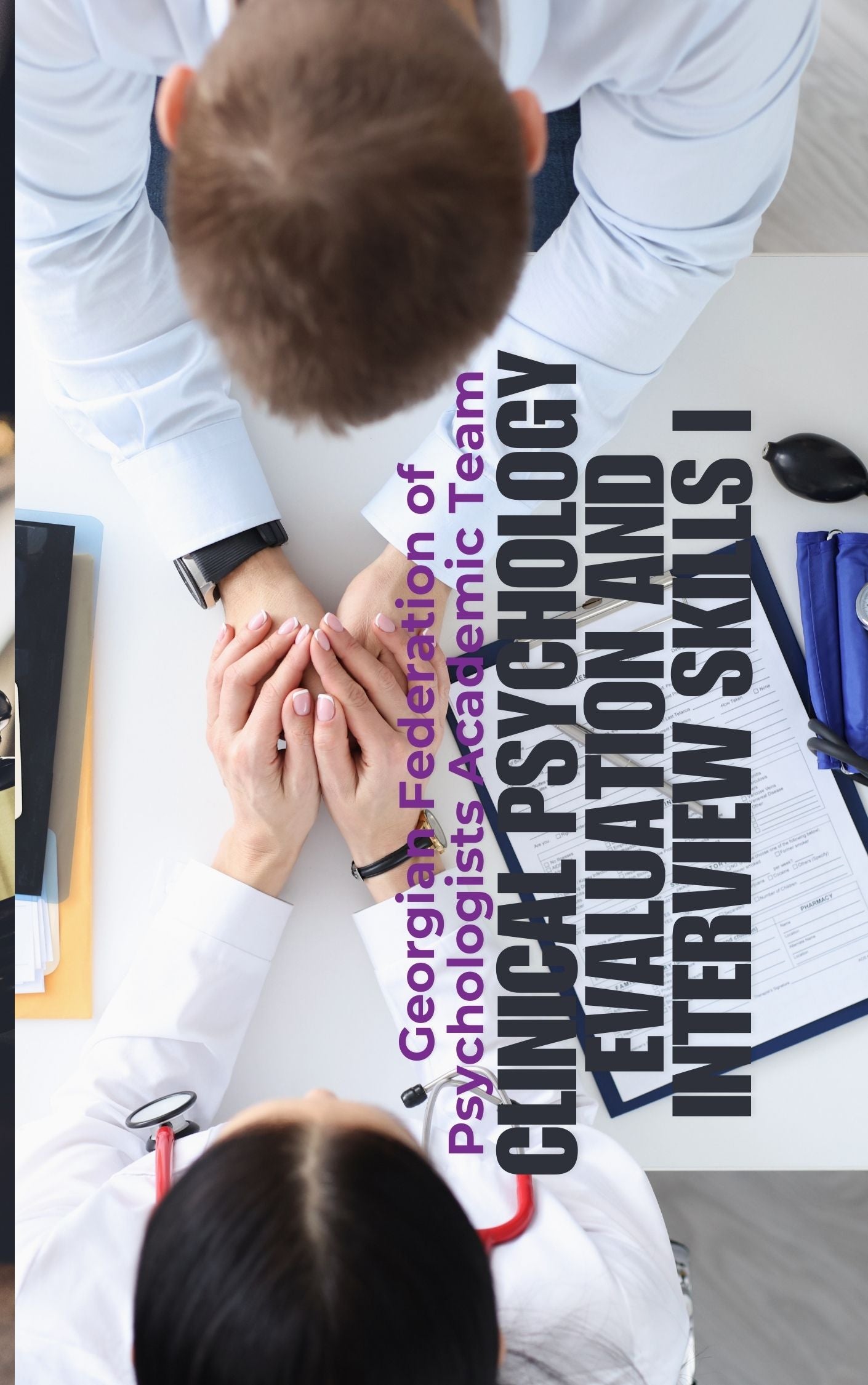Ready Article
Clinical evaluation and interview skills I (Printed, Delivery to Address)
Clinical evaluation and interview skills I (Printed, Delivery to Address)
Couldn't load pickup availability
Page: 357
The clinical evaluation and interview process is a crucial component of the healthcare field, as it enables healthcare professionals to gather comprehensive information about a patient's medical history, current symptoms, and overall well-being. Effective communication skills, including active listening and empathy, are essential for building a strong patient-provider relationship, which can lead to improved patient satisfaction and better health outcomes. (Berman & Chutka, 2016)
Preparing for an interview is a crucial step in the process, as it allows the healthcare professional to familiarize themselves with the patient's background and any specific concerns or needs (Bertino & Kaiser, 2019).
Essentials of Interviewing for Prospective Medical Students and Residents (Bertino & Kaiser, 2019) emphasizes the importance of scheduling, preparing, conducting, and following up on an interview, as these skills can instill confidence in the healthcare provider and facilitate a successful encounter.
Doctor-patient communication: a review highlights the core clinical skills necessary for the practice of medicine, with the ultimate goal of achieving the best outcome and patient satisfaction, which are essential for the effective delivery of health care. (Ha & Longnecker, 2010) Basic communication skills alone are insufficient to create and sustain a successful therapeutic doctor-patient relationship, which consists of shared perceptions and feelings regarding the nature of the problem, goals of treatment, and psychosocial support. (Ha & Longnecker, 2010)
Assessing effective physician-patient communication skills: "Are you listening to me, doc?" recognizes that communication skills form the foundation for a more positive patient-provider relationship, leading to greater patient satisfaction and better patient compliance.
Healthcare providers must strive to develop and maintain strong communication skills to provide the best possible care for their patients. (Maguire, 2002) (Ha & Longnecker, 2010) (Berman & Chutka, 2016)
Share

